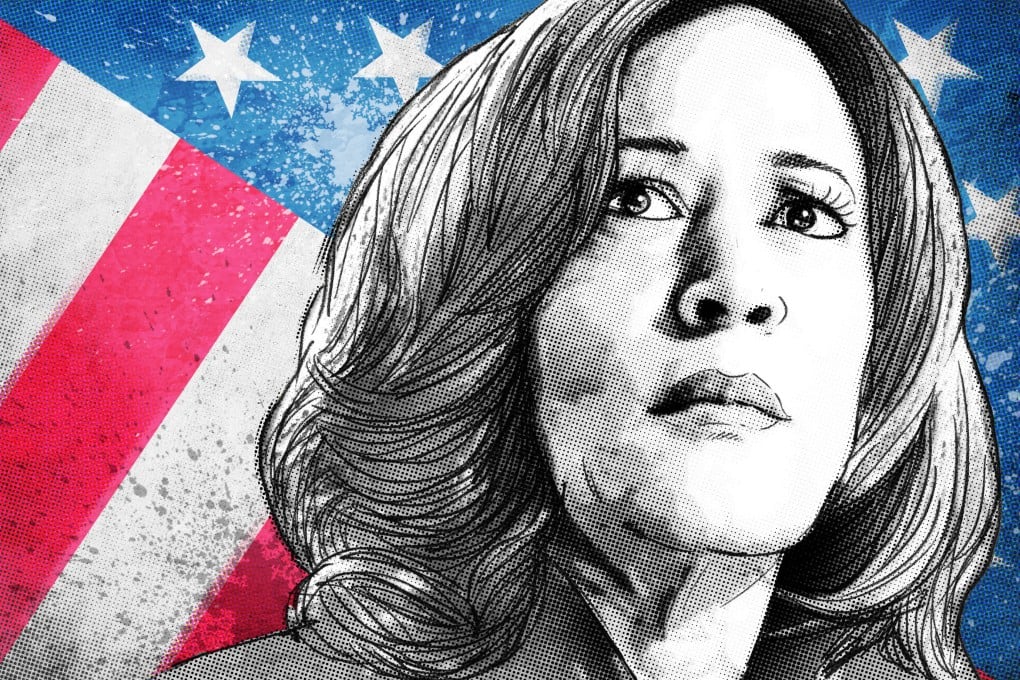Who is Kamala Harris, potentially America’s first female president?
Former prosecutor and US senator has invoked her Indian family’s past activism in explaining her groundbreaking journey into public service

Harris counts strolls on the beach among her most vivid childhood memories, joining her maternal grandfather, P.V. Gopalan, an Indian career civil servant whom she has described as “one of the original freedom fighters” against the British Raj.
“My grandfather had a ritual with his buddies who were like him, people who had served and who had fought … of walking on the beach every morning,” Harris told a gathering of Indian-Americans in 2018. “My grandfather would let me walk with him.”

Harris said Gopalan and his contemporaries spoke of colonial India’s tumult decades before, when thousands of ordinary Indians regularly took to the streets demanding independence and brutal crackdowns could ensue.